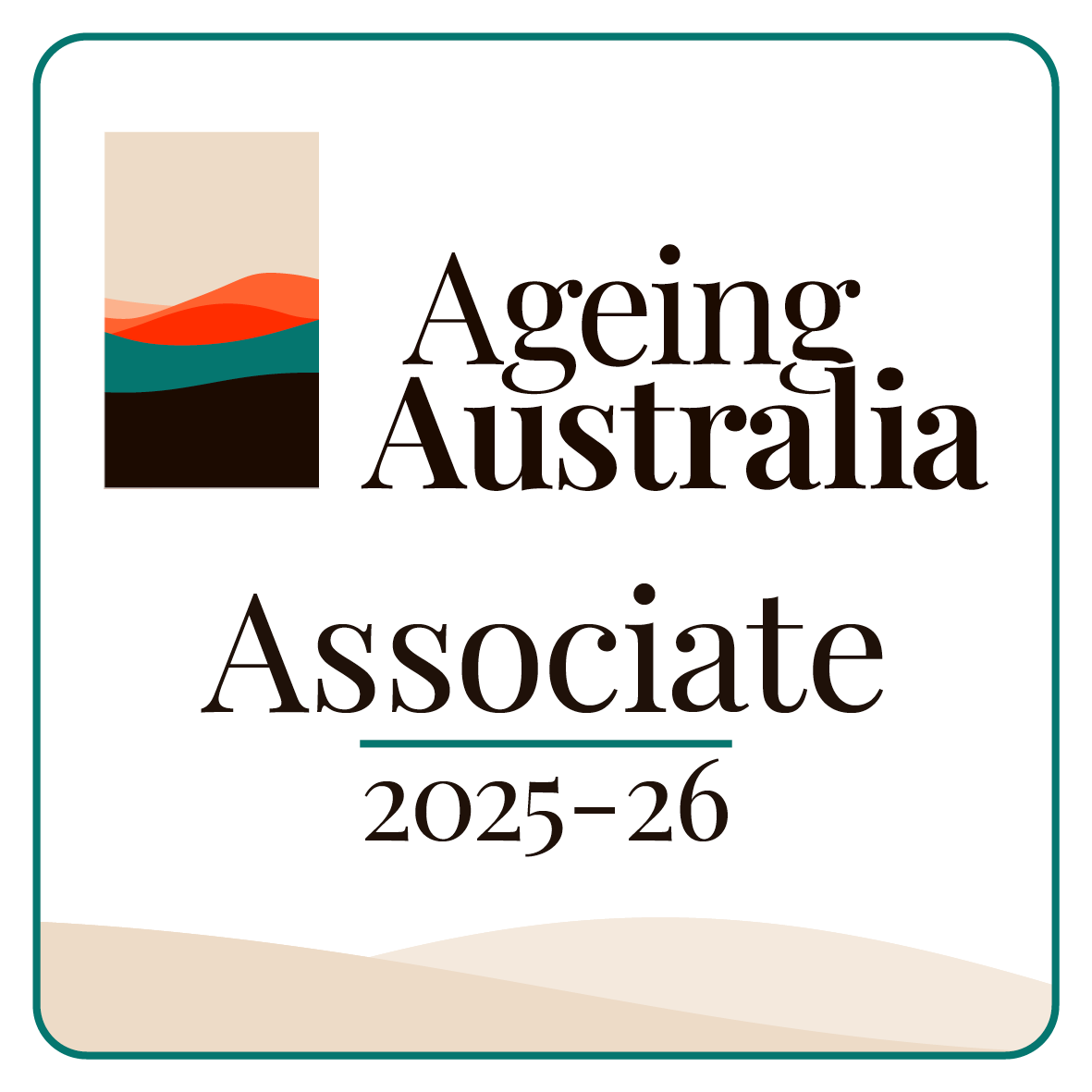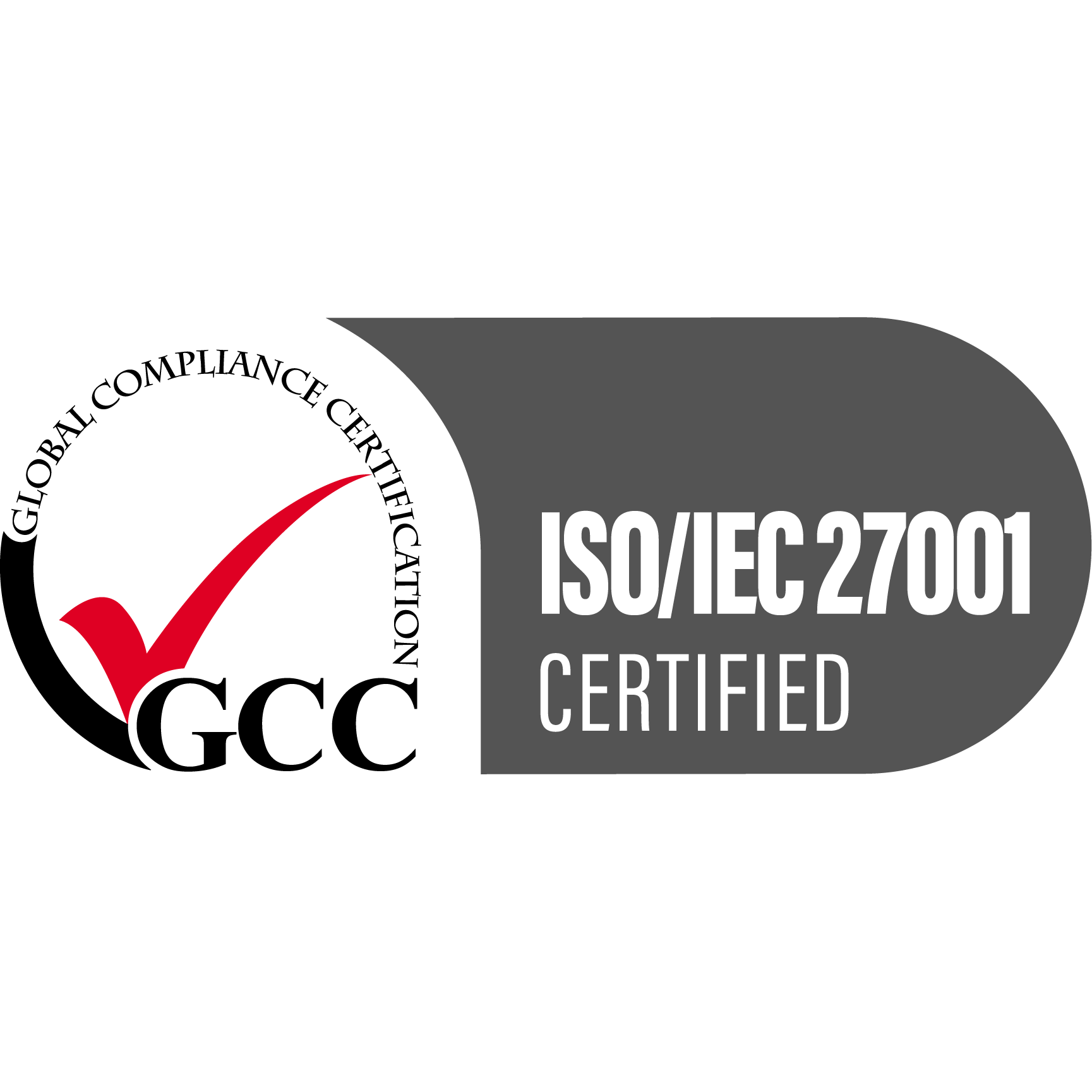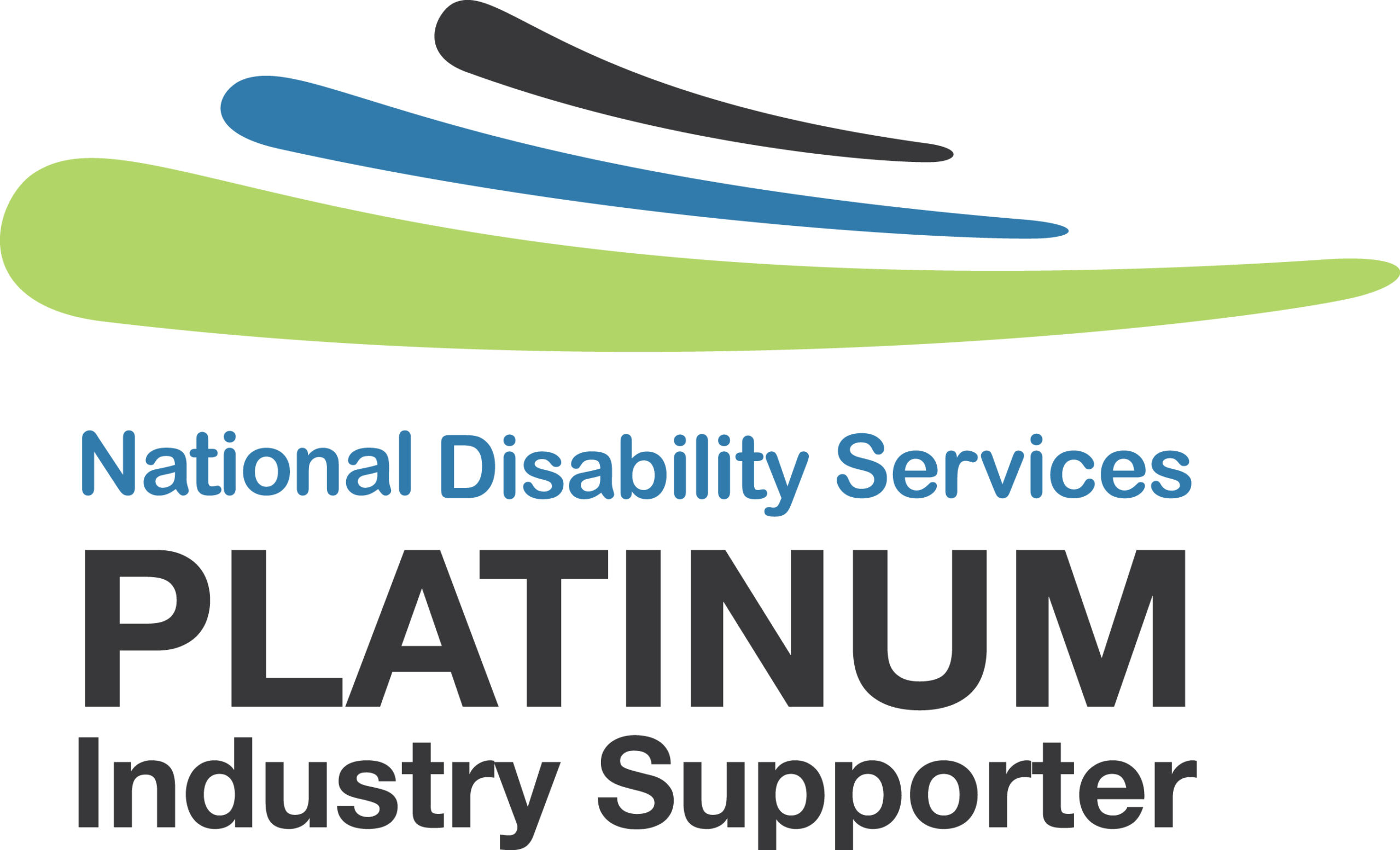The recent changes to the NDIS legislation, effective from 3 October 2024, have significantly impacted both participants and providers in how they manage funding.
Impact on Participants
New NDIS Support Lists: Participants can now only use their NDIS funds for items listed as approved NDIS supports, with a separate list of items that cannot be funded. There is also a replacement support list allowing for substitutions in specific circumstances.
Funding Linked to Impairments: Funding is now directly linked to impairments that meet the disability or early intervention requirements, meaning that only the impairments that qualify for NDIS support will attract funding.
New Plan Structures: Participants will receive new framework plans that include total budget amounts, funding component amounts, and funding periods. The plans may include flexible budgets or budgets for stated supports. Old framework plans will also specify total funding and amounts for individual supports.
Access Decisions and Reassessments: Participants will be informed about which disability or early intervention criteria they have met and receive a notice detailing the impairments that qualify for access, which they can request to vary. There is also a clearer process for reassessment of participant status, including the option for assessments by a health professional of their choice.
Plan Management Changes: The NDIA can change a participant’s plan management type if there’s a risk of physical, mental, or financial harm, or if funds aren’t spent according to the plan. There is now a legislative framework for claims and payments. Additionally, a new rule requires the NDIA to consider whether a person is likely to spend their NDIS funding according to their plan. If they are not, the NDIA will consider a different plan management arrangement.
Need for Awareness: Participants must be aware of the new NDIS supports lists and ensure they spend their funds accordingly. They must be able to link supports to impairments that meet NDIS access criteria. They should also familiarise themselves with the new plan structures and budget information.
Support and Assistance: Participants can access help from their Local Area Coordinator, Early Childhood Partner, or Support Coordinator, or contact the NDIA directly.
Impact on Providers
Understanding New Definitions: Providers must understand the new definitions of NDIS supports and the new lists of what can and cannot be funded.
Compliance: Providers need to ensure that the services they offer are compliant with the new rules and supports lists.
Changes in Plan Management: Providers should be prepared for potential changes in participants’ plan management arrangements.
Transition and Support: Providers should expect changes in how plans are developed and funded, and should work with the NDIA and participants to implement changes smoothly.
NDIA Role: The NDIA will be responsible for implementing new processes for plan development, reassessment, and funding decisions, and will need to support participants and providers through this transition, ensuring clarity about the new rules.
In summary, these changes aim to ensure that funding is used appropriately, fairly and sustainably, while being more directly tied to participant’s needs arising from their disability, clear budget management and enhance consultation and transparency in the scheme’s operations.
Footnotes:
https://ndis.gov.au/changes-ndis-legislation
https://www.dss.gov.au/national-disability-insurance-scheme-review-and-reforms
https://www.dss.gov.au/national-disability-insurance-scheme-review-and-reforms/changes-ndis-legislation
























